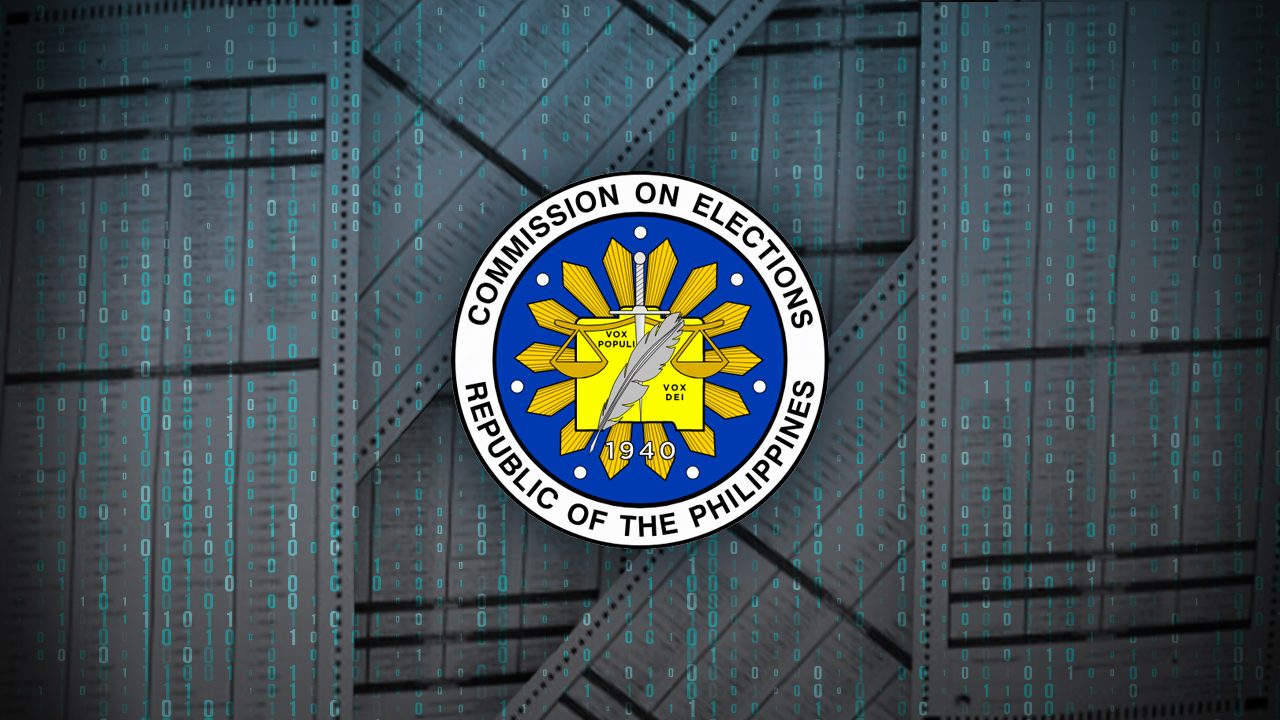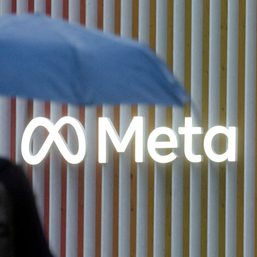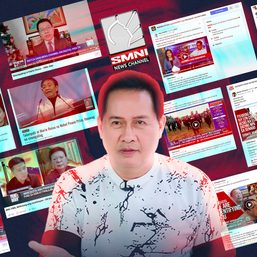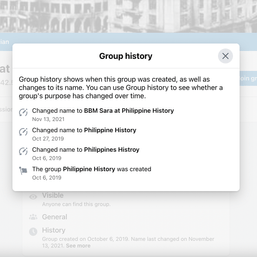SUMMARY
This is AI generated summarization, which may have errors. For context, always refer to the full article.

Because this is the Philippines, we really shouldn’t think that the official election period would usher in quietly, with a curtain raiser, a calendar story of sorts, doing the trick.
The election period started on Sunday, January 9, exactly four months before election day. True enough, even before the week is over, the newsroom has had to be sharper and more discerning in our treatment of several stories.
Hello again! I’m Miriam Grace A. Go, the investigative and research head at Rappler. I also set the agenda for our #PHVote coverage. And here I’d like to share how, just as soon as the election period kicked off, we were reminded that the responsible thing for us to do is to not add to the noise and the murk that intensify during this politically-charged season.
On Monday afternoon, January 10, the Manila Bulletin ran a story, claiming that the servers of the Commission on Elections (Comelec) were hacked, and that the data downloaded included “information that could affect 2022 elections.”
Normally, when another legitimate news site has an exclusive, Rappler doesn’t mind following up on this and crediting the other publication for being first to break the story. Except this “scoop” raised red flags.
Comelec itself pointed out loopholes in the Manila Bulletin report, but I’ll share some more reasons Rappler decided to approach the claim with caution:
- In an interview with ANC, Bulletin’s tech editor Art Samaniego said they based the story on screenshots of the alleged hack. He didn’t expound on what independent verification was done beyond the screenshots, if any.
- No hacker group has been identified or has claimed responsibility for the supposed hack. They normally crow about their conquests. (Samaniego said the hackers were out for bounty, meaning they hoped to earn once they had exposed the system’s supposed vulnerabilities.)
- Coincidentally, two days before the story was published, a social media influencer known to favor presidential candidate Ferdinand Marcos Jr. was sharing the Bulletin editor’s posts about the alleged hack.
- The pro-Marcos camp seemed to have seized the opportunity to spin the story to their candidate’s favor. Rappler’s forensics team found that the story was being shared by accounts that used the hashtag #ComelecHacked together with #ProtectBBM #ProtectBBMSara or #LetLeniHack #HackersForLeni. These accounts were created mostly between October and December 2021 – obviously for election propaganda purposes.
In 2016, Rappler ran stories about the Comelec’s voters database getting hacked because we were able to confirm it independently, having examined the leaked data ourselves. The hackers responsible for it also came forward. (READ: Experts fear identity theft, scams due to Comelec leak)
This time around, with only screenshots available as alleged proof, we agreed with our head of digital strategy Gemma Bagayaua-Mendoza, who said, “reporting on something like this without verifying independently is irresponsible.”
Besides, the timing of the supposed bombshell was curious, when the spotlight was on Marcos failing – refusing? – to appear before the Comelec to answer petitions to cancel his candidacy or disqualify him.
(In case you didn’t know, his lawyer told an infuriated Commissioner Rowena Ganzon that Marcos couldn’t show himself even for a moment in a Zoom hearing because he feared he might spread the virus to other people. Thus, the trending #Zoomicron.)
Referring to the hack, Comelec spokesman James Jimenez said: “Because the information was very suss from the very beginning, hindi naman puwedeng basta-bastang dambahan iyong information nila (it’s not right that we just accept their information hook, line, and sinker).”
Still, journalists, election watchdogs, and voters themselves should be on the lookout for indications of the election system having vulnerabilities.
Or, sometimes, it’s not even the system flaws but how the slightest indication of these are used to feed disinformation.
Clearly, there’s another aspect of campaigns and elections that responsible citizens should be watching: propaganda. It spells the difference between informed voters and blind followers, between a credible exercise and one weakened by lingering doubts.
Add a comment
How does this make you feel?









![[New School] Tama na kayo](https://www.rappler.com/tachyon/2024/02/new-school-tama-na-kayo-feb-6-2024.jpg?resize=257%2C257&crop=290px%2C0px%2C720px%2C720px)










There are no comments yet. Add your comment to start the conversation.